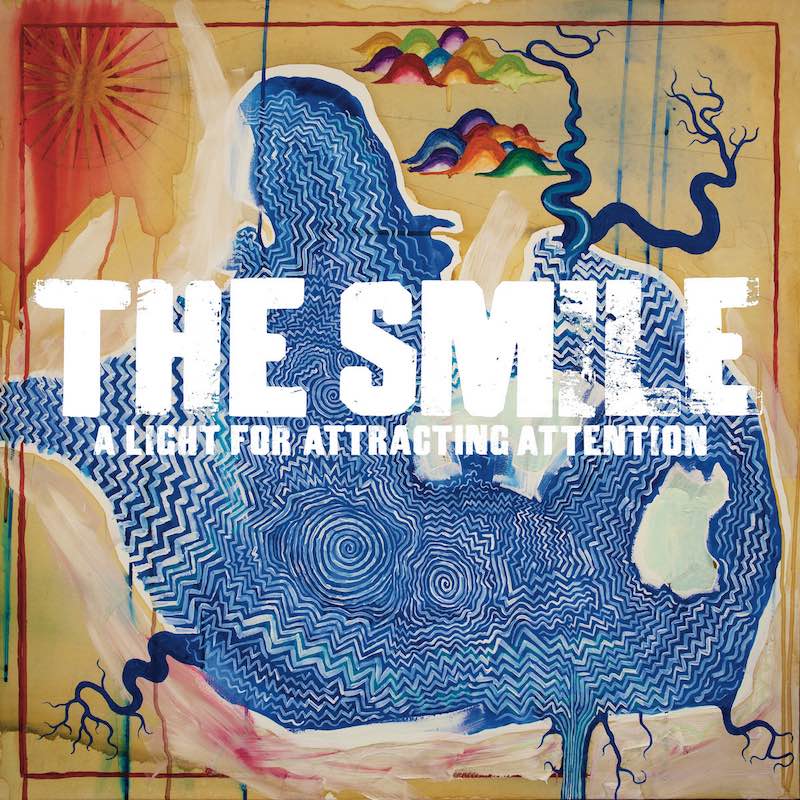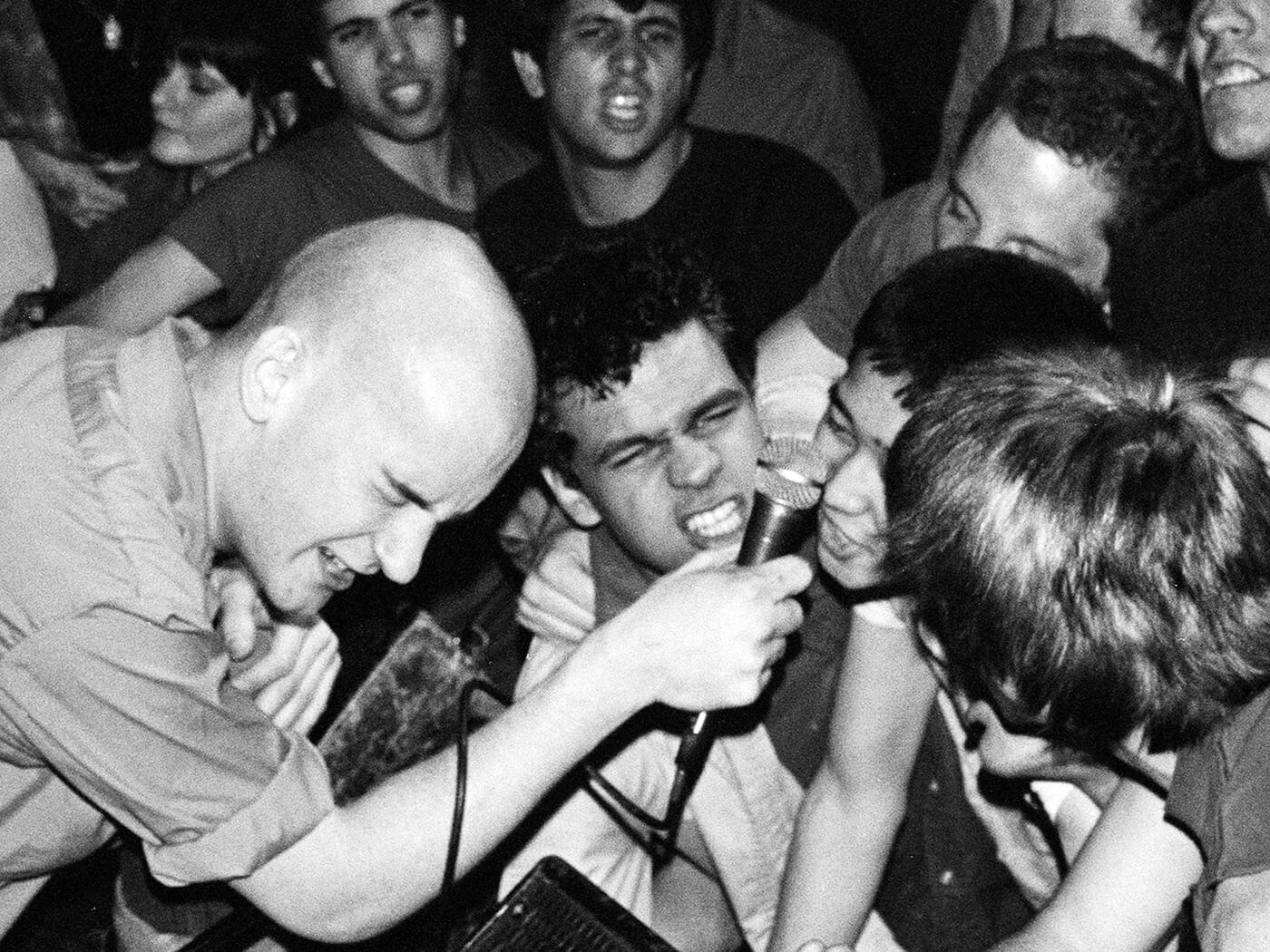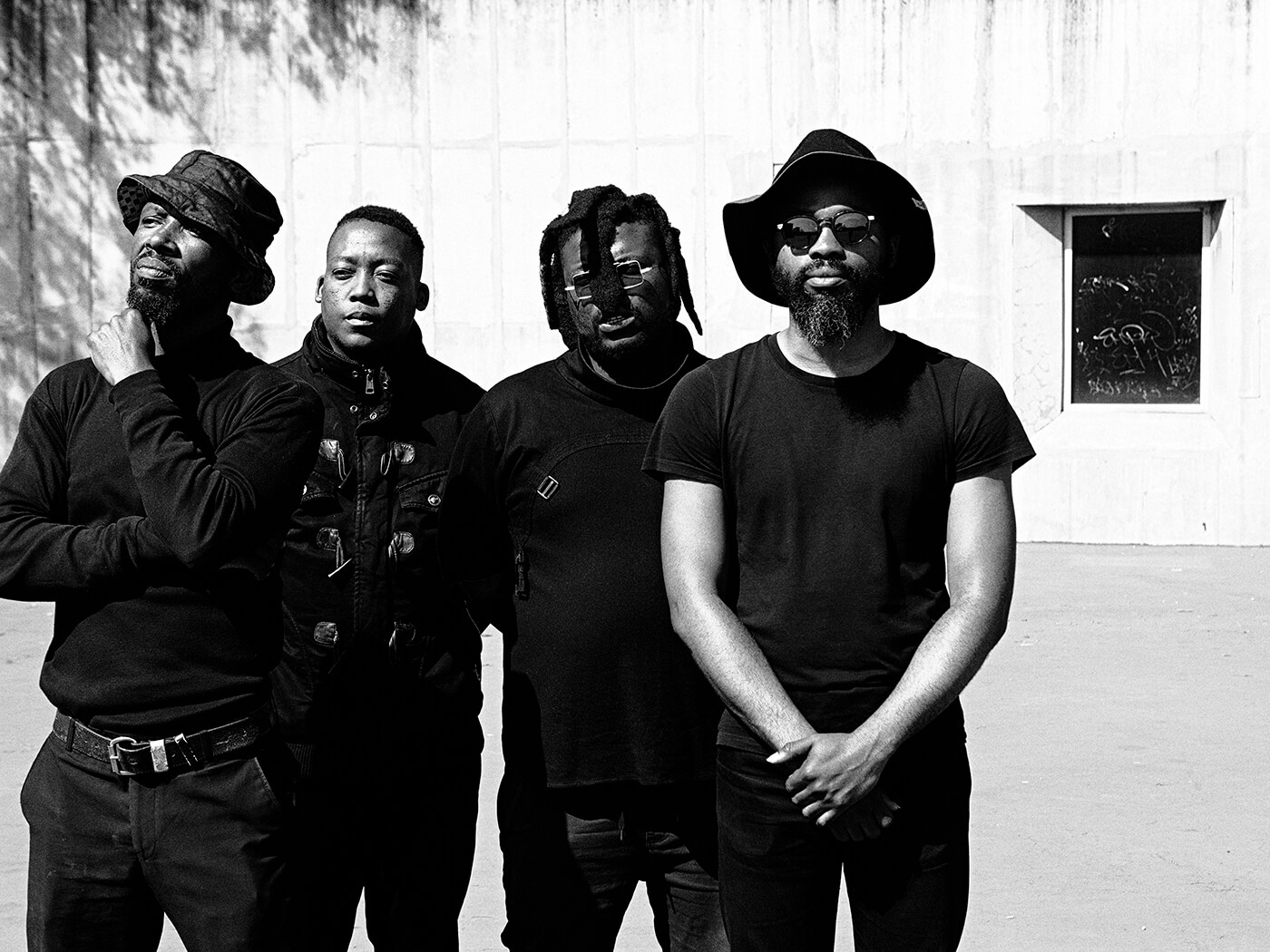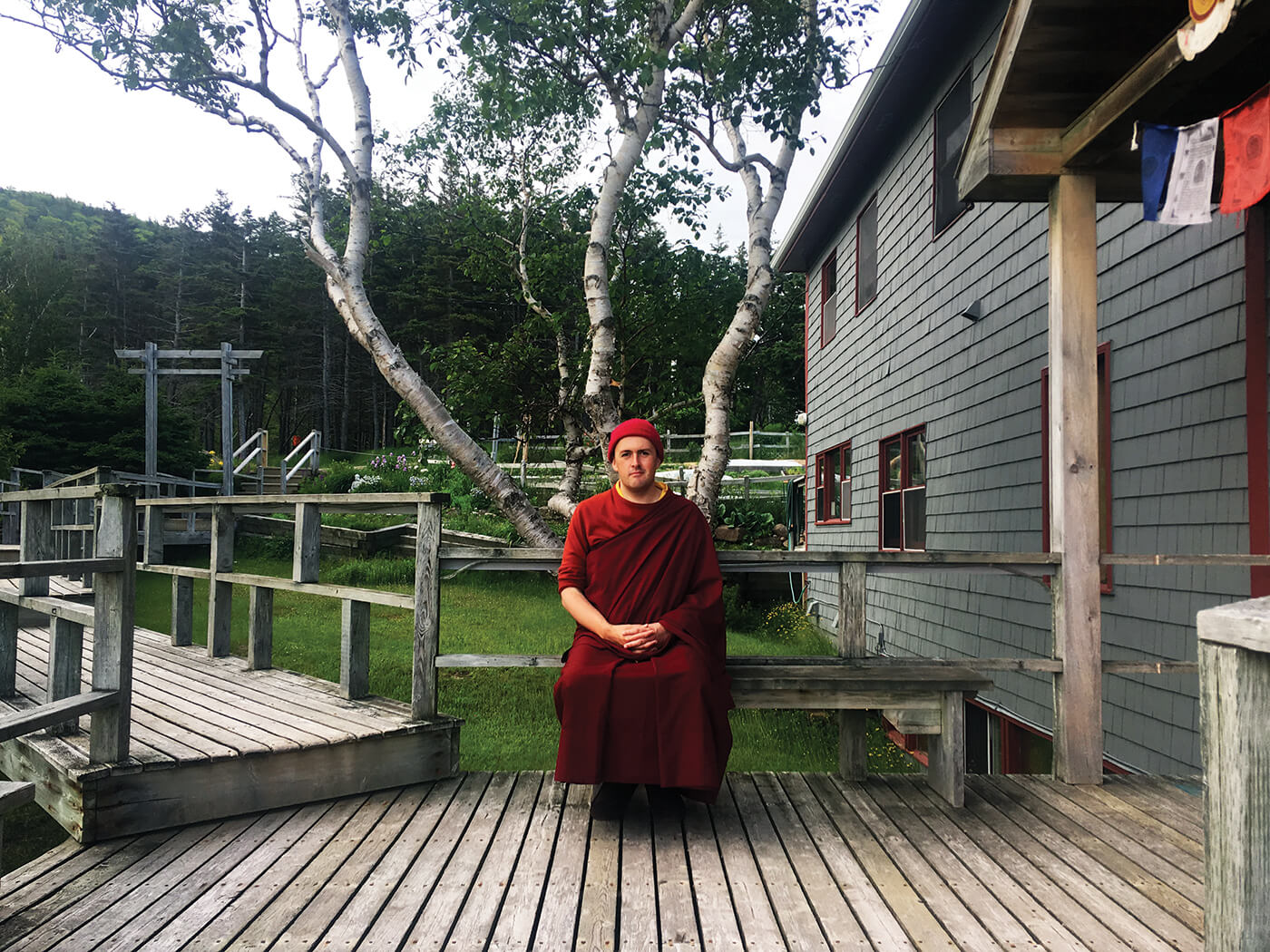“There was a point a year and a half ago when I wondered whether I would be doing this again,”…
Author: Uncut
D.C. Punk Scene Documentary: ‘Punk the Capital’
By Jim Wirth As they bickered throughout the final days of Minor Threat, drummer Jeff Nelson told singer Ian MacKaye…
Kings Of Convenience – Peace or Love
On the cover of Peace Or Love, the long-awaited fourth album by Eirik Glambek Bøe and Erlend Øye, the Norwegian…
BLK JKS drop first album in 12 years, ‘Abantu/Before Humans’
Bands like BLK JKS don’t come along often, especially in places like Johannesburg. There was no South African indie rock…
David John Morris – Monastic Love Songs
Take a map and find Gampo Abbey, a Buddhist monastery situated on a rugged finger of Nova Scotia, Canada, and…




